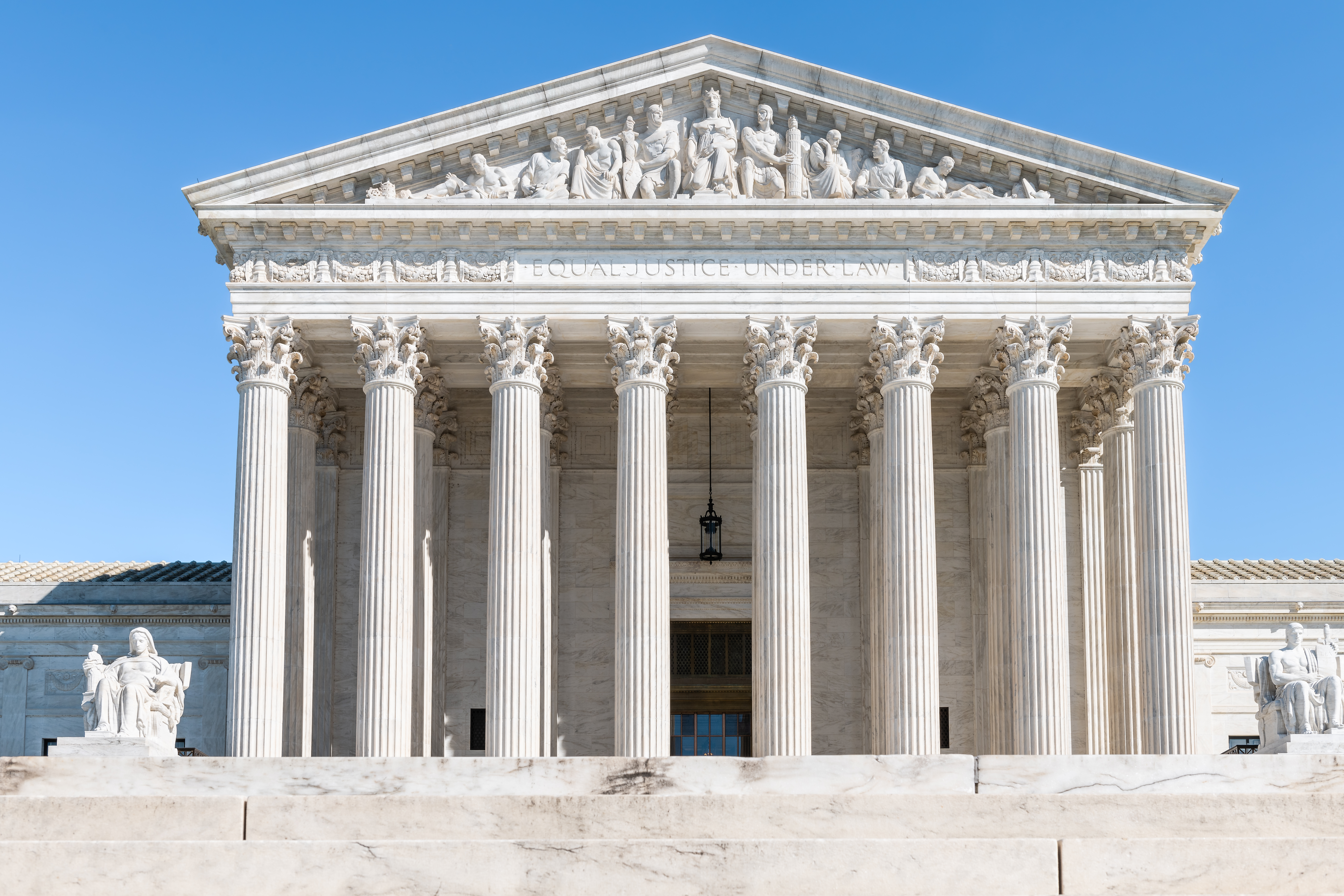How One Mississippi Case Could Determine Whether State Officials Can Regulate Internet Content
Far from Washington or any other place associated with Internet policy-making, a federal district court in Jackson, Mississippi is considering a case that could dramatically alter the regulation of Internet speech. The case pits Google against the Mississippi Attorney General, Jim Hood, over the question of whether Hood can launch a sweeping investigation of Google after the search provider declined to block websites at Hood’s discretion, absent any court order.
Some background: Among the leaks that resulted from the 2014 hack of Sony Pictures was the revelation of so-called “Project Goliath,” a secret initiative of major film studios and the MPAA. The project involved enlisting State Attorneys General (AGs) like Hood in taking up one of Hollywood’s “key issues and asks” since the spectacular 2012 failure of the Stop Online Piracy Act (SOPA): extra-judicial site blocking. As an article by The Verge makes clear, the funding of high-priced private law firms to ghost-write legal demands from AG Hood to Google was a major element of “Goliath.” (It’s like Uber, but for State AGs.)
Following these disclosures, Google filed a complaint, motion, and legal memorandum on December 19 in Mississippi. It sought a temporary restraining order (TRO) and injunctive relief, arguing that Hood’s subpoena was unconstitutionally expansive, and it objected to Hood’s repeated threats of litigation if the service didn’t block sites at Hood’s discretion.
Several motions and responses have since been filed. Hood moved to dismiss (memorandum of law here) on January 12, and separately opposed Google’s motion for a TRO the same day. Amicus briefs have been submitted on both sides, reflecting the significance of the issues this litigation addresses. Briefs from Google’s amici were filed on January 30 — one brief by CEA, CCIA, and Engine, and another by the Electronic Frontier Foundation, Center for Democracy & Technology, Public Knowledge, Open Technology Institute, and the R Street Institute — explaining the importance of intermediary liability limitations in the law, and the potential risks of granting state law enforcement authorities unfettered, extra-legal power to block Internet content.
Google’s case turns in part on Section 230 of the Communications Decency Act, part of the 1996 telecommunications reform. Anticipating problems similar to this case, Congress immunized online intermediaries from state law enforcement and liability relating to third party content by foreclosing states’ abilities to regulate Internet intermediaries in Section 230(c). (Online services remain subject to federal law enforcement regarding third party content, and are also subject to state and law enforcement with respect to their own content.)
Assuming Section 230 applies, a state official’s ability to veto Internet sites by threatening burdensome investigations will be curtailed. If it doesn’t, state authorities may be emboldened to demand more sites be blocked without legal process.
While the Sony hack appears to have caused a crisis within the film industry and the MPAA, the case that it precipitated against Attorney General Hood may have broad repercussions for the entire Internet industry. If state law enforcement officers can threaten suit or investigation to intimidate online services into removing content without a court order, online sites may receive no due process before being disappeared, and more than fifty different regulators will have broad discretion to determine what Internet content is appropriate.
Major Internet brands may be able to mount a legal defense when threatened with suit and burdensome subpoenas in retaliation for refusing to censor sites, but many services cannot bear that cost. When told by a state law enforcement agent to censor content or face expansive, million-document subpoenas for any “dangerous content” and investigations involving scores of company personnel, many Internet platforms may simply acquiesce, lacking the resources to resist.
With briefs now before the district court, parties must wait and see whether efforts to resurrect SOPA at the state level will succeed.








